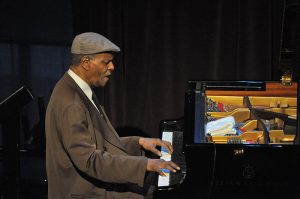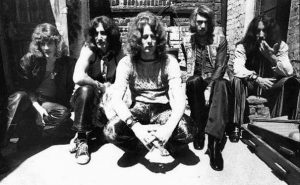Gustav Mahler was born in 1860 in what is now the Czech Republic. Wikipedia calls Mahler a “bridge between the 19th-century Austro-German tradition” and modernism. His output wasn’t great and he worked mainly as a conductor.
Mahler’s symphonies, the profile says, employed large orchestras, choruses and vocal soloists. ClassicalNet says that Eighth Symphony includes one thousand performers, eight soloists, adult and children’s choirs and other expansive elements.
In many – but not all – cases recognition was slow to come. His major works include the Symphony No. 2, the Symphony No. 3 and the Eighth Symphony. Arnold Schoenberg, Alban Berg, Anton Webern a and Benjamin Britten were influenced by Mahler.
ClassicalNet’s profile, which was written by Paul-John Ramos, says that Mahler’s music is from the late-Romantic period and evokes strong passion, from “fierce adoration to outright dislike.” It says that Mahler “expanded the orchestra to its breaking point” and approached the “New Music,” of the time, which was atonality.
The tone of the two profiles seems to differ a bit: ClassicalNet suggests that Mahler more actively reacted to the anti-Semitism he encountered: Even though his conservatory periods in Prague and Vienna were successful, the discrimination led him to leave and support himself as a conductor in small concert halls in Bohemia and Hungary. Wikipedia’s emphasis is on the fact that he converted in order to have his work performed. The Nazis banned his music, which was rediscovered after World War II.
Mahler was only 50 years old when he died of a blood infection in Vienna in 1911.
Above is the “Urlicht” element from Symphony No.2. It was performed in June by Orchestre National de France, which was conducted by James Gaffigan. Below is the first moment of the Third Symphony, played by the London Symphony Orchestra, conducted by Valery Gergiev. The recording was made in 2007.










Add Comment